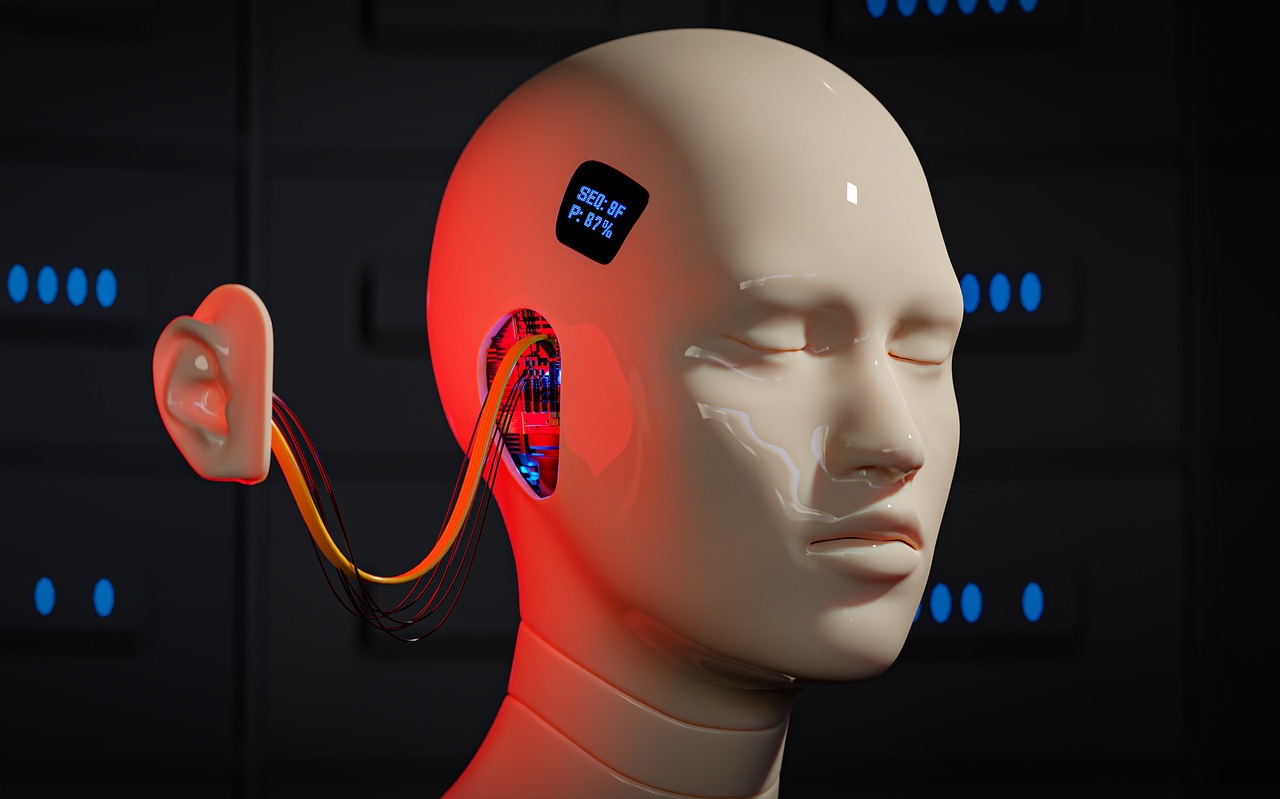
Have you ever imagined having a digital copy of yourself? It might seem like something out of a sci-fi movie, but with modern technology, it’s becoming a reality. A digital clone, also known as a virtual twin or digital doppelganger, is a computer-generated version of yourself that can do everything you can do: interact with others, learn, and make decisions.
Digital clones are created by collecting data, specifically from your online activities, social media, and even from your voice or facial recognition. Then, algorithms are used to analyze this data and create a digital version of you. The result is a virtual version of yourself that learns and grows just like the real you.
The potential uses for digital clones are vast. Imagine having a personal assistant that knows everything about you, your likes and dislikes, and can help you with your daily tasks. It could remind you of important dates, make appointments for you, and even shop online on your behalf. It could also help you with your work, or even replace you if you’re unable to attend a meeting.
Apart from personal use, digital clones could also be used in industries such as healthcare and education. Imagine if doctors could use digital clones to predict how a particular medication would affect you, or use them to perform simulations for complex surgeries. In education, digital clones could be used to personalize learning and provide individual curriculum recommendations for each student.
However, with this new technology also comes potential drawbacks. One major concern is the use of digital clones without consent. If someone were to use your data to create a digital clone of you without your permission, they could potentially do harm to your reputation, create fake videos, or manipulate your personal information.
Another concern with digital clones is the possibility of programming flaws or hacks. This means that the digital clone could be easily manipulated or hacked, leading to regretful consequences.
The legal and ethical implications surrounding the use of digital clones is also a concern. Who owns your digital copy? What can it be used for? Who is liable for any damage it may cause? These are important legal and ethical questions that must be addressed in order to ensure that our digital clones are used for good, and not for harm.
Despite the concerns, digital clones are becoming more and more prevalent in our society. In fact, some companies are already using them for customer service interactions and other business applications. As technology advances, it’s likely that the use of digital clones will become more widespread in both personal and business use.
Ultimately, the use of digital clones opens up many exciting opportunities for the future. Its potential uses are endless and could revolutionize the way we live, work and interact with others. However, it’s important to approach this technology with caution and ensure that its use is within the bounds of legal and ethical frameworks.
A digital clone is an exciting technological advancement with the potential to change the way we live and work. Despite the potential drawbacks, as with any new technology, we should learn to embrace it cautiously and ensure that its use is responsible and ethical. Who knows, in the near future, we might be able to clone ourselves and have a few extra copies to help us with our daily tasks.